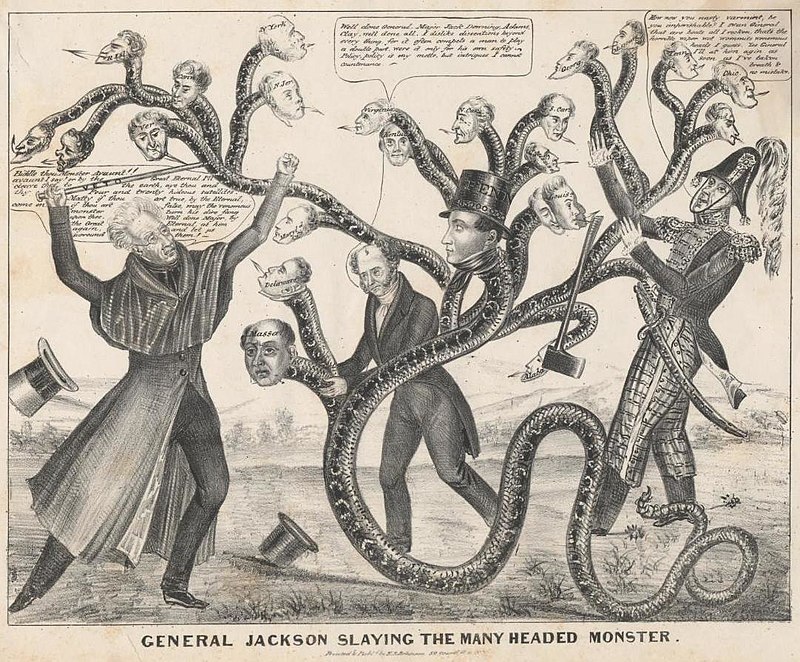The Impeachment in American History Worksheet delves into the intricate world of impeachment, providing a comprehensive understanding of its origins, evolution, and impact on the American political landscape. This engaging resource takes students on a historical journey through notable impeachment cases, analyzing the charges, evidence, and political motivations behind each proceeding.
Through interactive questions and activities, students will gain insights into the constitutional grounds for impeachment, the process involved, and the legal and political consequences of removal from office. The worksheet fosters critical thinking and encourages students to examine primary source documents, fostering a deeper understanding of this crucial aspect of American history.
Historical Overview of Impeachment in America

The impeachment process in the United States has its origins in the English common law tradition. The first impeachment in American history occurred in 1797, when the House of Representatives impeached Senator William Blount of Tennessee for conspiring with the British to seize Spanish territory in Florida.
The Constitution of the United States, ratified in 1789, established the grounds for impeachment as “treason, bribery, or other high crimes and misdemeanors.” The House of Representatives has the sole power to impeach an official, while the Senate has the sole power to try all impeachments.
There have been four presidents impeached by the House of Representatives: Andrew Johnson in 1868, Richard Nixon in 1974, Bill Clinton in 1998, and Donald Trump in 2019 and 2021.
Key Impeachment Cases
Andrew Johnson
Andrew Johnson was impeached in 1868 for “high crimes and misdemeanors,” including violating the Tenure of Office Act, which prohibited the president from removing certain officials without the consent of the Senate.
The House of Representatives voted to impeach Johnson, but the Senate failed to convict him by a single vote.
Richard Nixon
Richard Nixon was impeached in 1974 for “high crimes and misdemeanors,” including obstruction of justice, abuse of power, and contempt of Congress.
Nixon resigned from office before the Senate could vote on the impeachment charges.
Bill Clinton
Bill Clinton was impeached in 1998 for “high crimes and misdemeanors,” including perjury and obstruction of justice.
The Senate acquitted Clinton on both charges.
Donald Trump
Donald Trump was impeached in 2019 for “abuse of power” and “obstruction of Congress.” The House of Representatives voted to impeach Trump, but the Senate acquitted him on both charges.
Trump was impeached again in 2021 for “incitement of insurrection” following the January 6, 2021, attack on the U.S. Capitol. The House of Representatives voted to impeach Trump, but the Senate acquitted him.
Political and Legal Implications, Impeachment in american history worksheet
Impeachment is a highly political process, and the outcome of an impeachment trial is often determined by partisan considerations.
The legal consequences of impeachment can be severe. If an official is convicted by the Senate, they can be removed from office and barred from holding future federal office.
Impeachment can also have a significant impact on the balance of power between the executive and legislative branches of government.
Helpful Answers: Impeachment In American History Worksheet
What are the constitutional grounds for impeachment?
The Constitution Artikels two grounds for impeachment: “Treason, Bribery, or other high Crimes and Misdemeanors.”
What is the process involved in impeachment?
Impeachment proceedings begin with a resolution introduced in the House of Representatives. If the resolution is passed by a majority vote, the Senate holds a trial to determine whether to convict and remove the official from office.
What are the potential consequences of impeachment?
If convicted by the Senate, the impeached official is removed from office. Additionally, they may face criminal prosecution and disqualification from holding future federal office.
